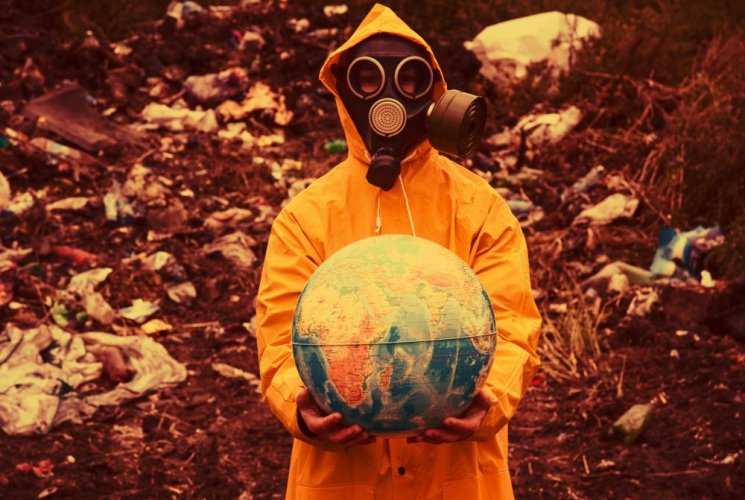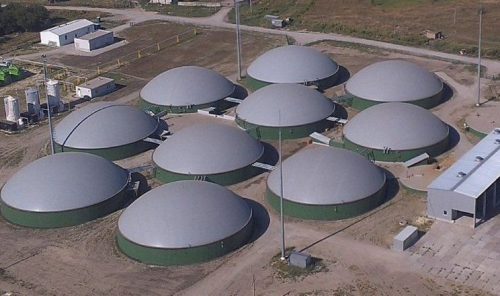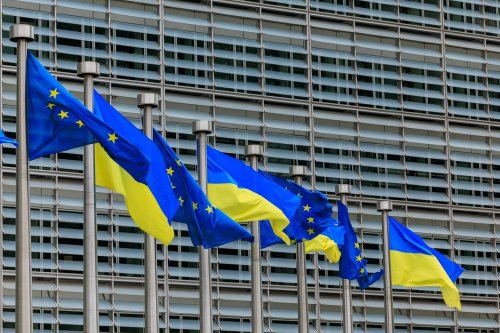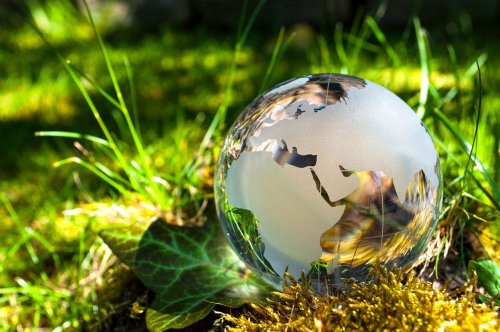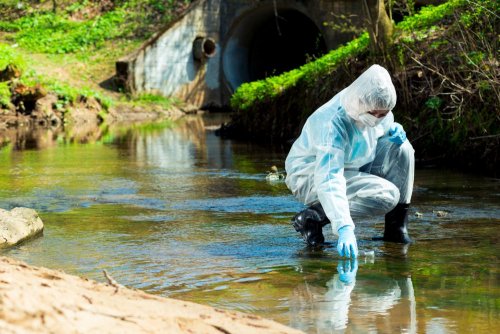In Ukraine, Russian aggression, among other things, causes environmental damage to soil, air and water, the consequences and size of which cannot be quantified while the war is going on.
This was stated by Erica Vaintal, Professor of Environmental and Public Policy Duke - School of the Environment, Nicholas, USA, reports Duke Todai.
She noted that some effects may have long-term effects.
It is currently not possible to collect water and soil samples, so it is difficult to measure the full extent of the damage to the environment.
"However, there are now many different organizations documenting environmental damage that will provide a roadmap for a full environmental assessment when the war is over," Weintal said.
Thus, the Ministry of Environment monitors attacks on industrial facilities, forest fires, water pollution and risks to Ukrainian nuclear power plants. A number of Ukrainian and international NGOs also use satellite imagery and geospatial tools to track attacks on civilian infrastructure and the environment.
The consequences of environmental destruction during the war will have a number of consequences for Ukrainians in the short and medium term.
Short-term prospects are lack of access to clean water, proper sanitation, energy and health care. And the destruction of agricultural land carries economic costs and a threat to food security in the medium term.
“Lack of clean water combined with lack of medical facilities can lead to the spread of infectious and aquatic diseases. The war is also disrupting vaccination campaigns, which are even more necessary during the global pandemic, ”said the environmentalist.
In addition, the destruction of fuel facilities causes air pollution, which can affect more vulnerable groups, such as children and the elderly.
The war is also preventing students from continuing their studies, and Ukraine will need more environmental scientists and policy experts to repair the damage.
The effects of environmental damage can last for decades.
"Many people forget that Ukraine and Russia have been at war since 2014, and since then the population in eastern Ukraine has been without water intermittently," Vaintal said.
She added that much would depend on how the war ended and on the desire of the international community to help Ukraine rebuild. This will require a comprehensive environmental assessment at the end of the war to understand the damage to the environment, including water and soil quality, as well as waste management and pollution from the destruction of industrial facilities.
However, reconstruction can enable not only Ukraine but also Europe to wean itself off fossil fuels and decarbonise its economy.
We will remind, war in Ukraine can cause outbreak of disease due to pollution environment.
As EcoPoliticа reported earlier, the PAEU president spoke about the most affected by the war environment.

